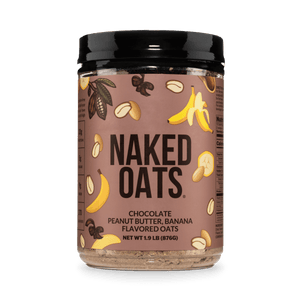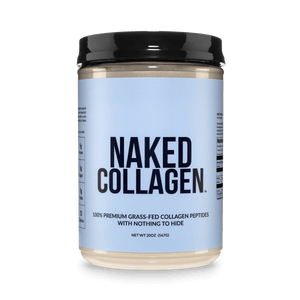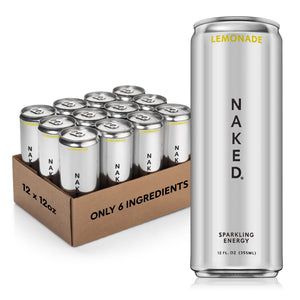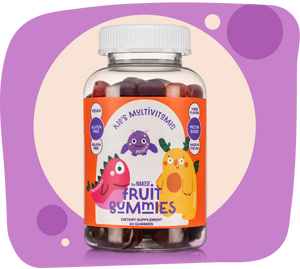
Diets
Exercise Snacks: The Simple, Science-Backed Way to Boost Health, Energy, and Fitness in Minutes
For many people, inactivity is hard to escape. We’re confined to a chair and a desk all day long, whether it’s working from home or from the office. We know the importance of movement, but life seems to want us in front of a screen, not holding a pair of dumbbells. If you’re with me on this, I’ve got some...

Prevent Whey Protein Acne: 7 Proven Solutions for Clear Skin | Expert Guide
Noticing more breakouts since starting your protein supplements? You're not alone. Whey protein, while excellent for muscle building, can trigger acne in some people due to its effects on hormone levels and insulin response. This frustrating side effect doesn't mean you have to sacrifice your fitness goals for clear skin. Fortunately, you can enjoy the benefits of whey protein without...

Do Energy Drinks Make You Gain Weight?
We all need a little pick-me-up now and again. For non-coffee drinkers, this can mean grabbing an alternative that gives you a boost, such as an energy drink. However, with increased scrutiny on energy drinks and their potential health effects, many are asking, “Will energy drinks make me gain weight?” What sounds like a simple question can be quickly muddled...

How Many Energy Drinks a Day is Safe?
Energy drinks have become increasingly popular especially over the past decade for athletes, students, or anyone simply trying to survive a long day on low sleep. With their growing presence and an ever-expanding list of ingredients, an important question to ask is this: how many energy drinks can you safely consume in a day?Caffeine related incidents, especially those linked to...


Body Recomposition With Intermittent Fasting
5 min read
How to Get Essential Amino Acids from Your Diet
Proper nutrition is the cornerstone of good health, and essential amino acids (EAAs) are critical for numerous bodily functions—from building muscle to supporting a robust immune system. Since our bodies cannot synthesize these amino acids, we must obtain them through our diet. In this post, we explore what essential amino acids are, why they matter, and how you can ensure...
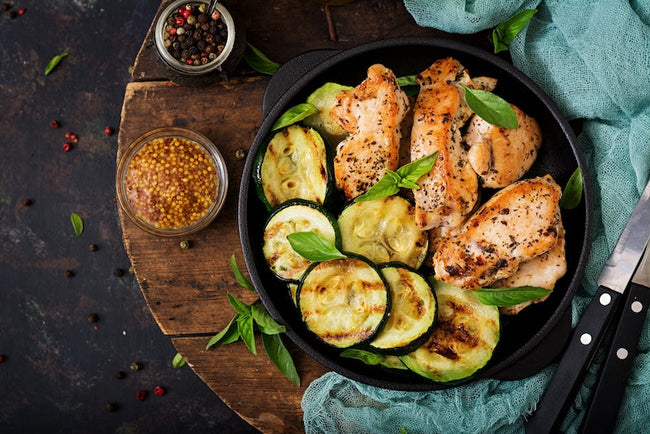
Does Metabolism Slow With Age? The Science Behind Aging and Energy
A common belief is that weight gain in our later years is due to a slowing metabolism. But does metabolism slow with age, or is there more to this story? The science of metabolism may be more complex than simply attributing difficulty with weight loss to a slow metabolic rate. This article will explore the science behind metabolism, the factors...

What Is a Refeed Day, and Do They Really Work?
Refeed days may provide a boost for people trying to maintain a caloric deficit for the purpose of weight loss, particularly when you’re working out consistently and trying to maintain muscle mass while losing fat. Keep reading and we’ll explain to you what a refeed day is, the purported benefits of refeed days, and whether there really is any science...

5 Healthy Coffee Creamer Alternatives
Most cups of coffee aren’t complete without a splash of milk or creamer. Many creamers on the market are often loaded with calories, artificial ingredients, and added sugars. Creamers can quickly turn your coffee into a high-calorie, sugary treat. This article will explore the downfalls of traditional creamer and will offer healthier alternatives. Why Regular Coffee Creamers Might Not Be...

Is Body Recomposition Better Than Bulking?
When pursuing fitness goals, the choice between body recomposition and bulking often sparks debate among enthusiasts and experts. Body recomposition aims to lose fat and build muscle for a leaner, toned physique without significant weight changes. In contrast, bulking involves increasing caloric intake to build muscle mass, followed by a cutting phase to reduce excess fat. This article will compare...

Can You Put Collagen in Hot Coffee?
Collagen powder supplements are all the rage right now, and many people have started putting it in coffee to help streamline their supplement routine. Many people take collagen peptides for its various health benefits. Collagen has been shown to improve the appearance skin, improve joint health, strengthen bones, and boost the strength of their hair and nails. However, many people...

Benefits of Overnight Oats for Endurance and Strength
Curious about how to boost endurance and strength with a simple breakfast? Overnight oats offer sustained energy, muscle repair, and enhanced performance. This article dives into the specific benefits of overnight oats for endurance and strength, highlighting the benefits of overnight oats for endurance and strength. Why Overnight Oats Are Perfect for Endurance Athletes Endurance athletes benefit from sustained energy...

How Many Calories in 2 Eggs
Eggs, a popular and versatile food, are often praised for their nutritional value, but how many calories do they actually contain? In this article, we'll delve into the calorie content of two eggs, exploring their nutritional benefits, how they fit into a balanced diet, and considerations for those with specific dietary needs or goals Nutritional Breakdown of 2 Eggs Calories...



